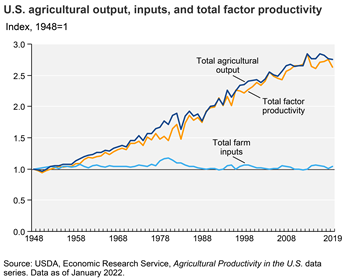It looks like you're new here. If you want to get involved, click one of these buttons!

The MFO Fund Family Scorecard reveals 31 families (like Winning Points, Huber, Saratoga) where every fund has underperformed since launch by an average of -3.2% per year. Combined they represent $15B in assets under management (AUM), carrying an annual expense of $173M per year nominally for the privilege of owning them. Can you believe that?
Fortunately, most assets gravitate to best performing families. Let's break the families down by AUM: first, the largest families with greater than $1T; second, next tier with AUM greater than $500B, and finally those greater than $100B.

https://nytimes.com/2020/10/03/upshot/pandemic-economy-recession.html....what makes a recession a recession is that the initial economic pain, whatever its source, transmits broadly to affect nearly every industry and drive millions of people not into newer and fast-growing sectors but onto the rolls of the unemployed.
The origins of the recession of 2020 may be different from those of the previous two downturns. But so far, the way it is spreading from company to company, and industry to industry, looks awfully similar.
© 2015 Mutual Fund Observer. All rights reserved.
© 2015 Mutual Fund Observer. All rights reserved. Powered by Vanilla